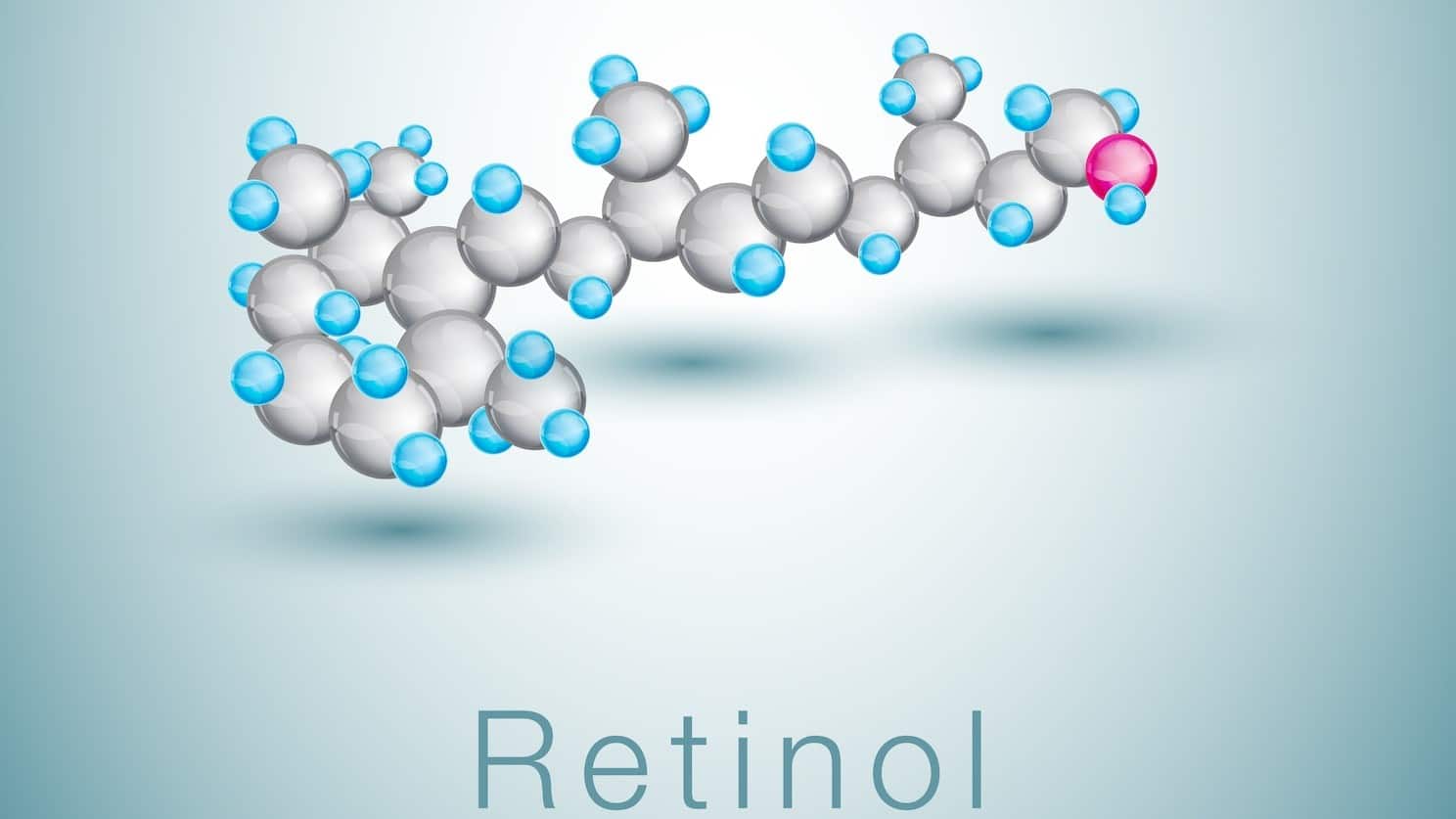One of the top ingredients in the world of skin care is retinol. It’s one of the best-researched cosmetic ingredients in the world with mountains of data to support its effectiveness.
Despite the popularity of Retinol, many people still don’t know
- What is Retinol?
- What are the benefits of using Retinol?
In this post, we’d like to answer those questions. We share the latest news and information about Retinol so you can decide for yourself if this skincare ingredient is something you want to add to your beauty regimen.
Costhetics Asks: What is Retinol?
Retinol is a type of Vitamin A:
- Retinoids (including Retinol) – Vitamin A derived from animal sources.
- Carotenoids (including Beta-Carotene) – Vitamin A derived from plant sources.
Both types of Vitamin A are fat-soluble vitamins that have several important functions in the body, including:
- Cellular Differentiation – Vitamin A helps cells produce normally.
- Good Vision – Impaired night vision is often the first sign of a Vitamin A Deficiency.
- Human Development – Vitamin A is essential to the proper development of an embryo and foetus.
Costhetics Explains the Importance of Retinol for Skincare
Retinol helps your skin look younger, addressing more than 100 issues that can detract from skin health. One reason it is so effective is because it can literally connect to a damaged skin cell and “tell” it to behave like a young, healthy cell. Additionally, retinol can be depended upon for its
- Antioxidant Properties – Retinol fights against free radical damage. Free radicals age the skin, but retinol works to prevent wrinkling and increase collagen production.
- Skin Healing Properties – Retinol is effective for managing skin disorders including eczema and acne.
- Sun Damage Repair Properties – Retinol has been shown to be useful for softening wrinkles and improving discoloration from over-exposure to the sun.
- Pore Reducing Properties – When cells in the pore lining become sluggish, the pore walls stretch. Retinol revitalises cell function, helping enlarged pores return to their normal size.
Is Retinol the Only Anti-Ageing Ingredient You Need?
Retinol is certainly a superstar when it comes to proven anti-ageing benefits. However, no single product is sufficient to protect, repair, and maintain skin health. The Costhetics team recommends that your beauty regimen include:
- Daily application of a broad-spectrum sunscreen with an SPF of 15 or higher.
- Regular exfoliation with alpha or beta hydroxyl.
- Gentle cleansing.
- Regular use of a serum or moisturiser with healthy skin-identical substances that promote absorption and effectiveness.
It’s easier than you think to achieve beautiful skin with a combination of cell-communicating ingredients including Retinol.
